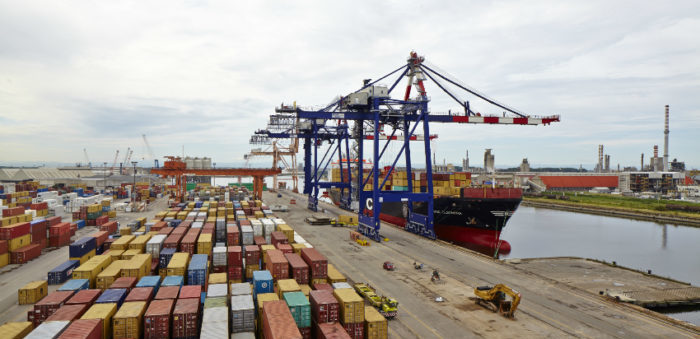The Federation of Private Port Companies and Terminals (FEPORT) announced that it supports the request for more budget for transport and repeats several key points which are crucial for attracting private investment in ports.
FEPORT supported the call for an increase of the EU Budget for the Connecting Europe Facility (CEF) under the next MFF. The completion of the network by 2030 will require more than 750 billion euros. A significant improvement of hinterland connections, the removal of bottlenecks, cross-border projects, and the harmonisation of technical requirements cannot be financed by Member States’ financial resources alone.
The TEN-T Guidelines Regulation, adopted in 2013, opened up new opportunities for infrastructure development that allow a better circulation of cargo and information flows along the different TEN-T corridors.
[smlsubform prepend=”GET THE SAFETY4SEA IN YOUR INBOX!” showname=false emailtxt=”” emailholder=”Enter your email address” showsubmit=true submittxt=”Submit” jsthanks=false thankyou=”Thank you for subscribing to our mailing list”]
Many private port operators are also trying to access direct port hinterlands to enable operators to offer inland services to their customers. This strengthens the need for a clear division of roles between private and public port stakeholders.
For this reason, FEPORT recommended that ex-ante evaluations of projects and thorough assessments of market needs, both on the seaside and the hinterland side, to be conducted before the funding of new capacities.
FEPORT welcomes the intention of the Commission, through the Connecting Europe Facility (CEF) for Transport, to focus on cross-border projects and projects aiming at removing bottlenecks or bridging missing links in various sections of the Core Network and the Comprehensive Network.
Concluding FEPORT urged for a real prioritisation of investment to improve hinterland connections and multimodal projects, such as ports, which have a real and evaluated market need.




























































